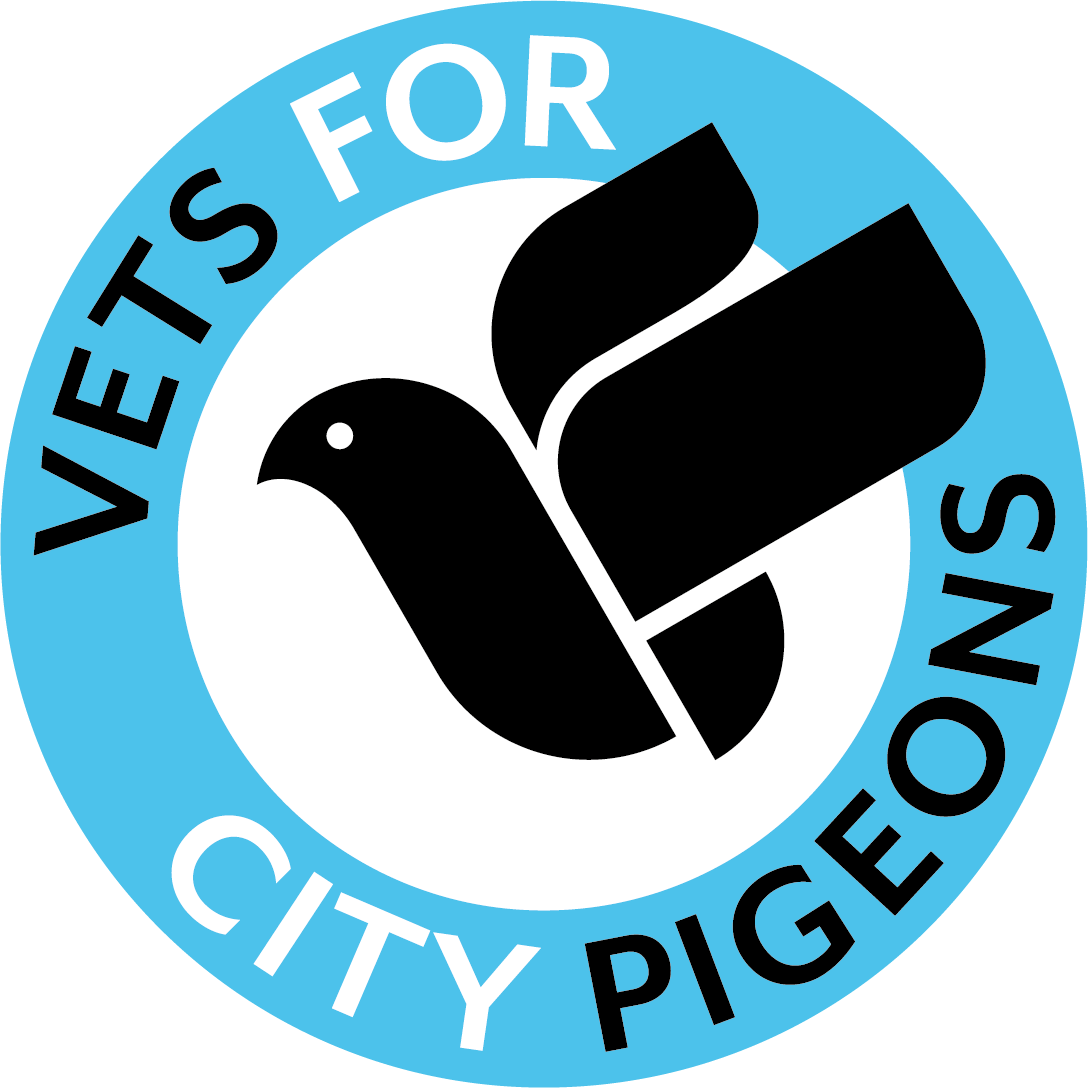A single R-12 corn kernel contains approximately 0.00032 grams of nicarbazin.
A pigeon consumes only 8-10 grams of R-12 per day. This equates to 0.008 grams of nicarbazin.
The administration of R-12 is selective and local. Mainly the dominant pigeons are targeted. It is administered to them at least five times per week – during the mating period.
The sterilisation is fully reversible. When R-12 is no longer being administered, fertility is restored after 4-6 days.
